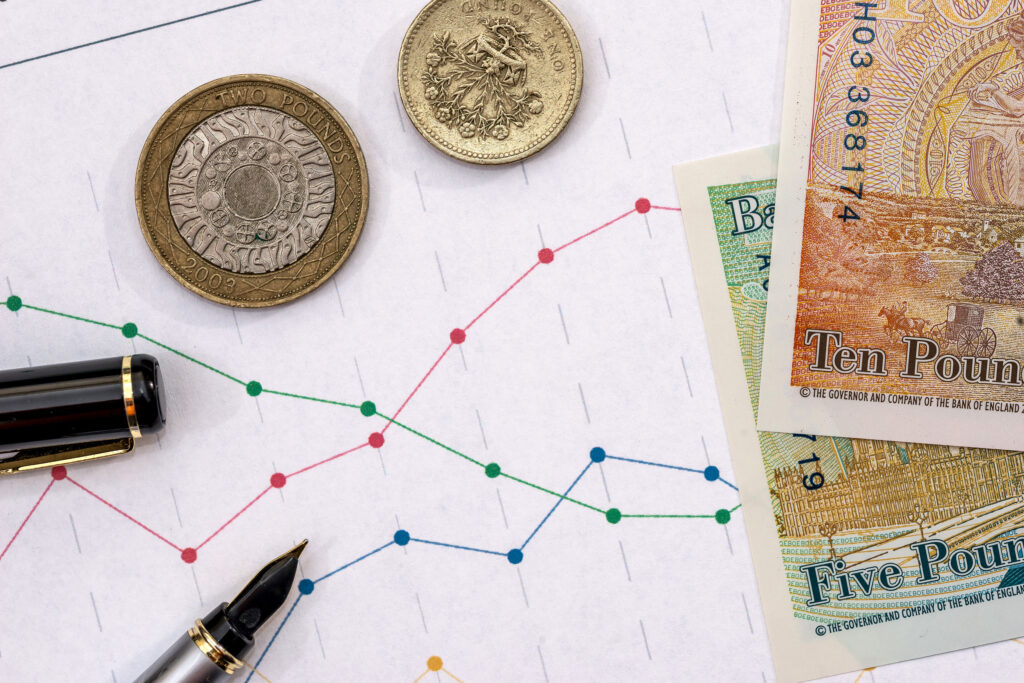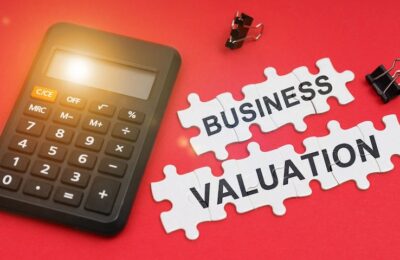Looking for accurate business valuation services?
There are lots of reasons why you might need to value your business.
Whether you’re looking to sell a business or buy one, it’s crucial to value it accurately. If you don’t, you risk selling an asset too cheaply or buying one at too steep a price.
Most importantly, you need to make sure a business is valued using the most appropriate method. The way you’d value a long-established bricks-and-mortar business with proven long-term earnings is going to be very different to the way you’d put a price on a new internet start-up with few assets but a high earnings potential.
This is why you should never rely on an online business valuation calendar. These are helpful for giving you a rough-and-ready value, but they are unlikely to give you accurate figures. There are many reasons for this. Not only are they unlikely to use the valuation method most suitable to your business, but they probably won’t take into account intangible assets such as your brand equity or the expertise of your staff.
THP’s business valuation services take a different approach. Not only do our experienced company valuation experts identify the most suitable methodology for valuing your business, but they work closely with you to put a value on intangible assets. This means you get a business valuation that is in line with today’s market – and helps ensure that you don’t get short changed in the future.
Why choose our business valuation service?
At THP, we provide a business valuation service that can help you in a wide variety of situations. For example, an up-to-date company valuation is essential if you are thinking about:
- Selling or merging your business
- A change of ownership or welcoming a new business partner
- A management buyout
- Attracting a new shareholder or board member
- Expansion
- Your exit strategy or retirement planning
- The exit of partners, directors or shareholders
- A valuation for probate, divorce, investment or tax purposes.
Read on to learn how our expert team can value your business, or get in touch to learn more.
Business valuation methods used
When you choose our professional company valuation services, we strive to apply the most appropriate business valuation method. Every business is different and there’s no one-size-fits-all method of valuing them.
At THP, our experts are familiar with a wide range of valuation techniques. These include the following:

Discounted Cash Flow (DCF) analysis
This is a method to estimate business value based on its future expected cash flows, which are discounted back to their present value using a chosen discount rate. This accounts for risk factors such as unforeseen bills and the changing value of money. DCF valuations are usually suitable for larger, established businesses with stable cash flows.

Price to Earnings (P/E) ratio
This essentially looks at a company’s stock price and earnings over a given period (usually 12 months). The P/E ratio can then be compared to that of similar businesses. A high P/E ratio, where the stock price is high compared to earnings, may suggest the business is overvalued. A low P/E ratio may suggest the opposite. This method of valuation is usually used for larger, publicly traded companies. However, you have to be careful not to undervalue intangible assets as a result.

Entry Valuation
This assigns value by calculating the cost of creating a similar business. You start by calculating start-up costs and then subtracting possible efficiency savings. This type of valuation is really only suited to new start-ups with little financial history.

Asset Valuation
This essentially values both your company’s tangible and intangible assets, then deducts the cost of its liabilities to give you the business’s Net Book Value (NBV). This method tends to give the lowest valuation because it doesn’t take into account the difference between the value of a company’s net assets and what investors are willing to pay for it (its market value).
Other business valuation methods include Comparable Analysis – estimating worth by comparing your company to similar ones – and the Precedent Transaction Method, which examines similar companies that have been bought and sold.
These different ways to value a business may seem complex at first glance, but don’t worry – we’ll work closely with you to select and use the best method for your needs
Taking tangible assets seriously
“UK businesses now invest 20% more in intangible assets than any other asset.”
(Source: HM Treasury)
Valuing a business accurately is a much more complex task than totting up the value of your tangible assets. Yes, your balance sheet is a helpful starting point, but most businesses are worth more than just their net assets.
This is why you need to have your business valued by someone who understands the value of your intangible assets. For example, these are just some of the intangible factors that can help determine your business’s real value:
- Financial performance and forecasted sales
- Strength of brand
- Existing customer base
- Strength of customer relationships
- Experienced management team
- Skilled workforce
- Strong supply chain
As you can see, accurately valuing a business involves truly understanding the hidden worth of intangible assets and their future potential. So don’t base important decisions on inaccurate valuations. Get in touch with our company valuation team today for impartial, expert help to get the valuation you need.
Meet the THP Business Valuation Services Team

Andy Green
As our Compliance Director, Andy ensures that THP’s impeccable standards and reputation are consistently upheld. With a background in accounting, investment banking and audit, Andy’s passion for the profession stems from its dynamic nature: “Every day presents new challenges and opportunities to achieve successes for clients.” Andy’s approachable style and positive outlook make him a highly regarded business valuation expert for a broad array of clients, regardless of size or sector.

Lee Daley
Lee is one of our Responsible Individuals (RIs), allowing him to sign off on audits. Working closely with some of our larger clients, he is well known for developing strong relationships with his clients, providing them with a friendly and transparent service that includes business valuation. Lee began his career with THP and has built up decades of experience, which he is always keen to share: “I like to give guidance where I can, and I think people see me as being approachable and someone who can help.”

Kirsty Demeza
With a portfolio that ranges from startups to companies with a £10 million turnover, Kirsty’s talent for working closely with her clients ensures her services remain in strong demand. “When you help a new business and watch it expand into new premises and secure big contracts, it’s a great feeling,” she says. As well as providing accounting services for business that range from Corporation Tax planning and bookkeeping to audit and VAT return services, Kirsty’s part of THP’s sales team and closely involved in helping our trainees to develop their skills.
Business Valuation FAQs
A business valuation is the process of determining the value of a company, often used for selling, succession planning, disputes or investment purposes.
You may need one for selling your business, attracting investors, settling shareholder disputes, divorce proceedings, tax planning or preparing for business exit or retirement.
This really does depend on the size of your company and the valuation methodologies we use. We aim to give you a projected timeframe at the outset of any valuation project.
We will meet with you at the outset of the process to explain what records we’ll need. These will vary, but usually include things like financial statements, management accounts, forecasts, details of any debts or assets, and information about your industry and customer base.
Fees vary depending on the size and complexity of your business. We will provide you with a quote after an initial consultation.
Absolutely. All information you provide us with is kept confidential and we only share your business valuation with you and any other parties you specify.
Business Valuation News
Want to learn more about Business Valuation? If so, please browse our blog articles.

Selling in 2030? How to increase business value in 5 years







